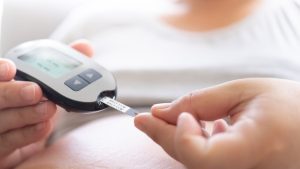From The Web / Medical ‘Breakthrough’ May Spell End of Potentially Toxic Drugs in Transplant Recipients

An Australian medical discovery involving teams spread from Western Australia to Queensland has been hailed as a breakthrough for controlling infections in organ and bone marrow transplant recipients.
The findings, published in the journal Science, are expected to lead to greater survival rates and should reduce the need for toxic and costly drug treatments.
Recipients of organs and bone marrow suffer low immunity, which makes them susceptible to infections and even death.
Head of experimental immunology at Perth’s Lions Eye Institute, Mariapia Degli-Esposti, said the research — which has been carried out using mice, with human trials yet to occur — discovered the animals’ own antibodies could be used to help curb infections.
“We found that, unlike what we and most of the world expected, there is much more to protecting against these viral infections than what we thought,” Professor Degli-Esposti said.
“We identified antibodies as being a critical component of preventing viral reactivation in the setting of transplantation.
“We will be taking serum either from the recipient or from the donor prior to transplant, purify out the fractions that we know provide protection and then give them back during the period post-transplantation to offer protection.”
The discovery could prove life-changing for recipients of organs or bone marrow typically forced to take anti-rejection drugs, which suppress the immune system and have other side effects.
Report co-author Geoff Hill contributed as head of the team at the QIMR Berghofer research institute in Brisbane.
Professor Hill, who has since taken up a position at the Fred Hutchinson Cancer Centre in Seattle, said human cytomegalovirus (HCMV) was a major risk for transplant recipients.
“It allows us to really think about harnessing antibodies to prevent the reactivation of this virus called cytomegalovirus, which is a major problem in transplant patients,” he said.
“The antibodies that are controlling the virus are very strain-specific.
Source: ABC News

